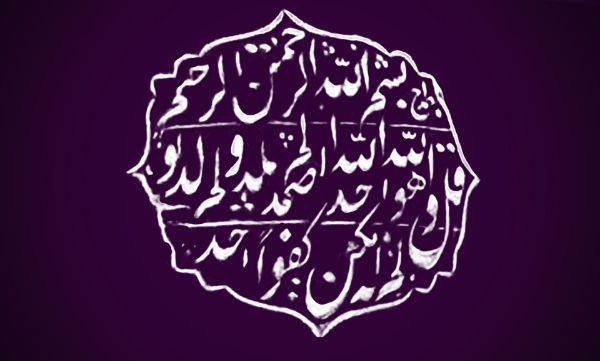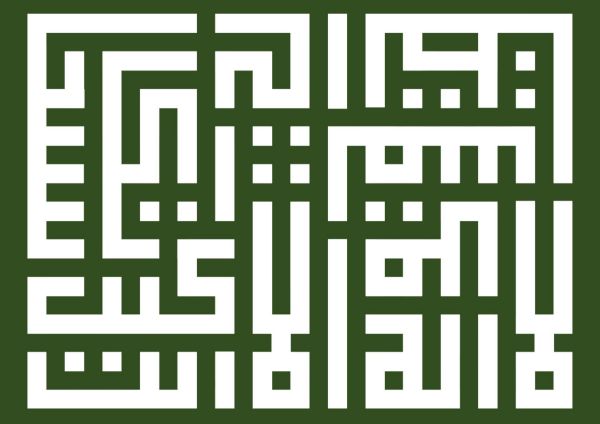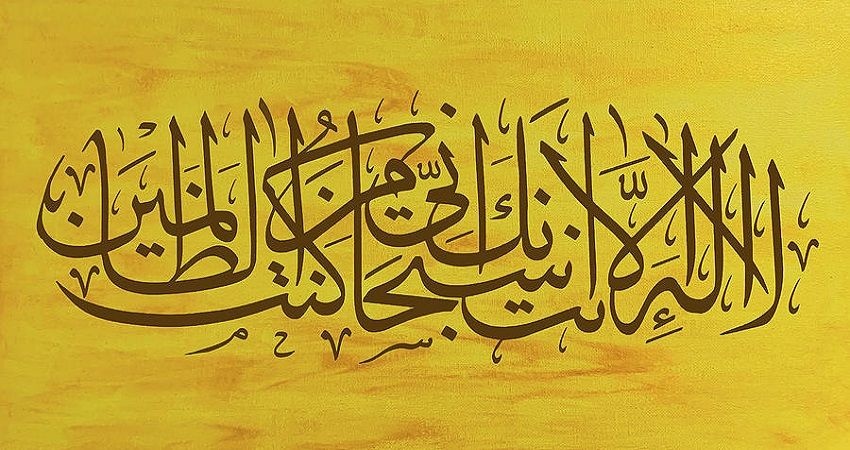Essence of the Surah:
Surah Al-Ikhlas (Qul Huwa Allahu Ahad), the 112th chapter of the Qur’an, is among the shortest yet most profound surahs. In just a few verses, it summarizes the principle of tawhid—the absolute oneness and uniqueness of God. By declaring “Allah is One,” “eternal,” “self-sufficient,” and beyond human attributes such as birth or lineage, the surah negates all forms of polytheism and affirms pure monotheism. For this reason, it has often been described as equal in meaning to one-third of the Qur’an.
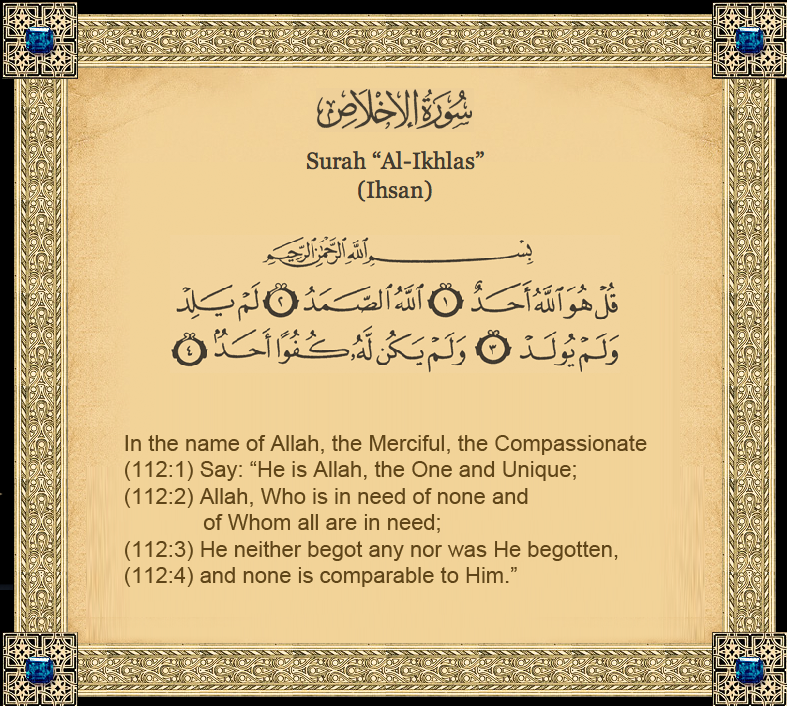
Siurce of the picture: https://quran2hadith.wordpress.com/2012/08/13/quran-chapter-112-quran-translation-of-surah-al-ikhlas-ihsan
Significance in Islamic Tradition:
Throughout Islamic history, Surah Al-Ikhlas has been recited for protection, blessing, and spiritual strength. The Prophet Muhammad (peace be upon him) frequently emphasized its virtues. It became a central part of daily prayers, supplications, and devotional practices among Muslims of both Sunni and Shia traditions.
In Art, Architecture, and Material Culture:
Because of its brevity and profound meaning, Surah Al-Ikhlas has been widely inscribed on objects of art and devotion. In Islamic calligraphy, it is commonly written on Qur’anic manuscripts, mosque walls, and decorative panels. In architecture, its verses appear on mihrabs, domes, and tiles as reminders of God’s unity.
The surah has also been engraved on jewelry, such as rings and amulets, serving as a spiritual emblem of protection and remembrance of God. Some ceremonial weapons and banners in Islamic history were decorated with Qur’anic verses—including passages from Surah Al-Ikhlas—as a sign of divine support and blessing, though this was less common compared to the frequent use of Ayat al-Kursi.
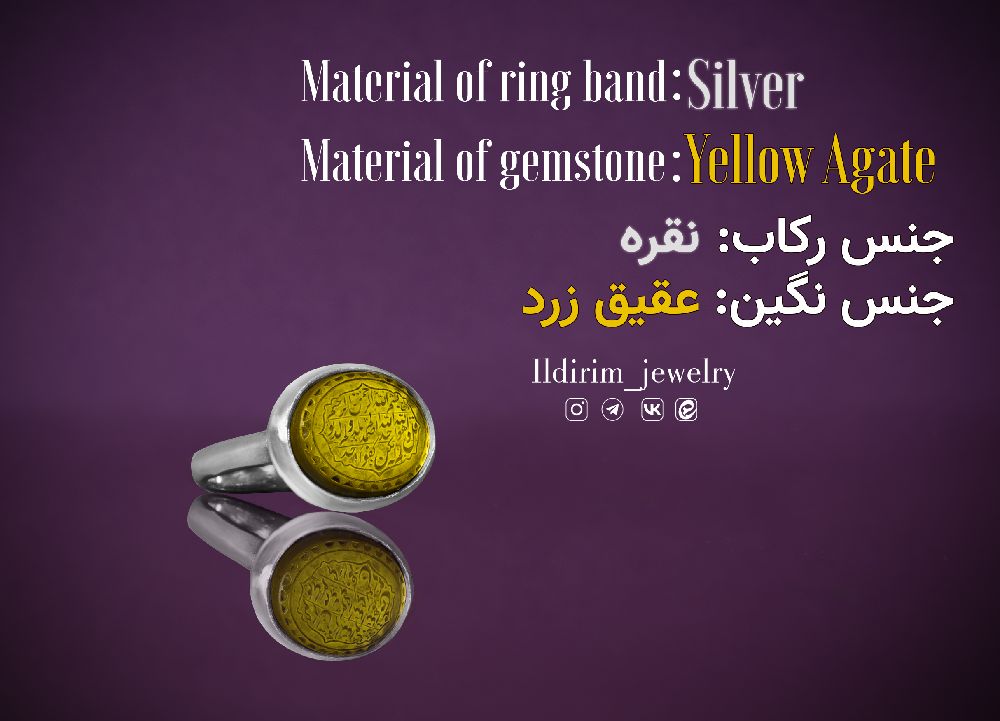 Surah Al-Ikhlas Yellow agate hand-engraved ring in Ildirimjewelry store:
Surah Al-Ikhlas Yellow agate hand-engraved ring in Ildirimjewelry store:
In Hadith and Religious Teachings:
- Shia sources: Imams from the Prophet’s household emphasized the surah’s power. Imam Ja‘far al-Sadiq, for example, is reported to have said that frequent recitation of Surah Al-Ikhlas brings closeness to God and spiritual purity.
- Sunni sources: In Sahih traditions, the Prophet is narrated to have said that reciting this surah equals one-third of the Qur’an. He also taught that its recitation brings immense reward and divine love.
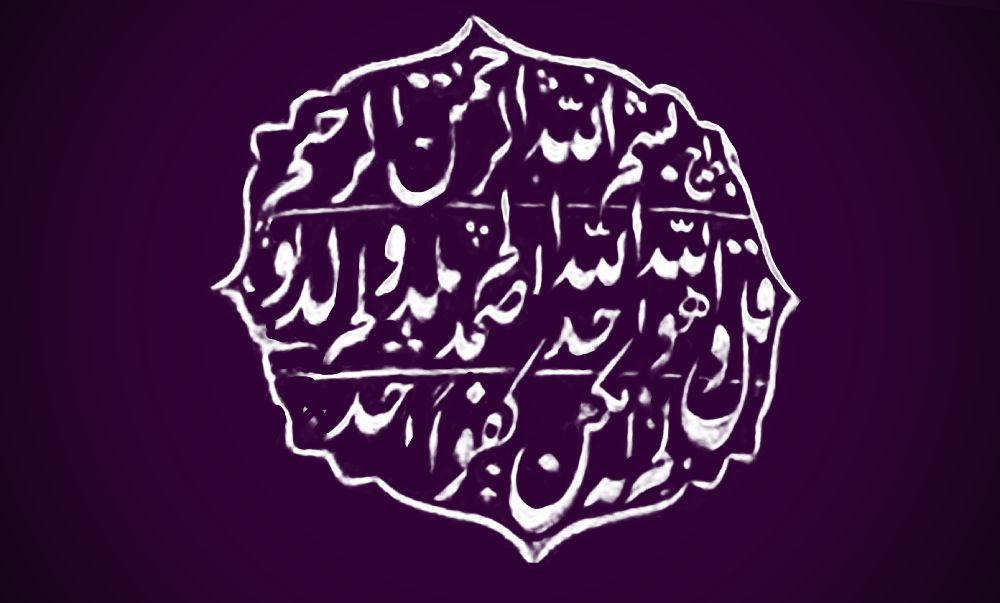
Views of Mystics and Philosophers:
- Mystics (Sufis): Figures like Rumi and Ibn Arabi saw Surah Al-Ikhlas as a gateway to divine unity. For them, its words were not merely statements of doctrine, but invitations to experience the oneness of God in the heart and soul.
- Philosophers: Thinkers such as Avicenna (Ibn Sina) and Mulla Sadra reflected on the surah in their metaphysical writings, interpreting “Allah is One” as proof of God’s absolute simplicity and self-subsistence, beyond matter and multiplicity.
By Ildirimjewelry



